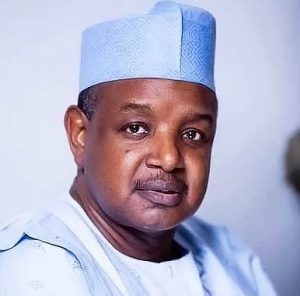 Nigeria’s Federal Executive Council (FEC) approved a supplementary budget of ₦2.1 trillion for the 2023 fiscal year. The supplementary budget is intended to fund urgent issues, including national defense and security, wage awards for federal government workers, and student loan funds.
Nigeria’s Federal Executive Council (FEC) approved a supplementary budget of ₦2.1 trillion for the 2023 fiscal year. The supplementary budget is intended to fund urgent issues, including national defense and security, wage awards for federal government workers, and student loan funds.
According to the Minister of Budget and Economic Planning, Atiku Bagudu, the supplementary budget includes the following allocations:
- ₦605 billion for national defense and security
- ₦210 billion for the payment of wage awards
- ₦400 billion for cash transfer payments
- ₦18 billion for the Independent National Electoral Commission (INEC) to support the conduct of the Bayelsa, Kogi, and Imo state off-cycle elections next month
- ₦5.5 billion for the funding of the takeoff of the student loans board
- ₦8 billion for the take-off grant of new ministries
- ₦200 billion as capital supplementation
Bagudu said that the supplementary budget is necessary to sustain the gains made in national security and to accelerate the progress of the government’s key programs. He also noted that the budget will help to boost the economy and create jobs.
The approval of the supplementary budget comes at a time when Nigeria is facing a number of economic challenges, including high inflation and unemployment. However, the government has said that the supplementary budget will help to address these challenges and create a more prosperous future for all Nigerians.

FG Disburses N50 Billion To Federal Universities For Earned Allowances
Air Peace Suspends Nationwide Flights Amid NiMet Strike, Citing Safety Concerns
Tinubu Orders Overhaul Of Security Strategy, Says “Enough Is Enough”
Delta Governor Oborevwori, Deputy Onyeme, And Okowa Defect To APC